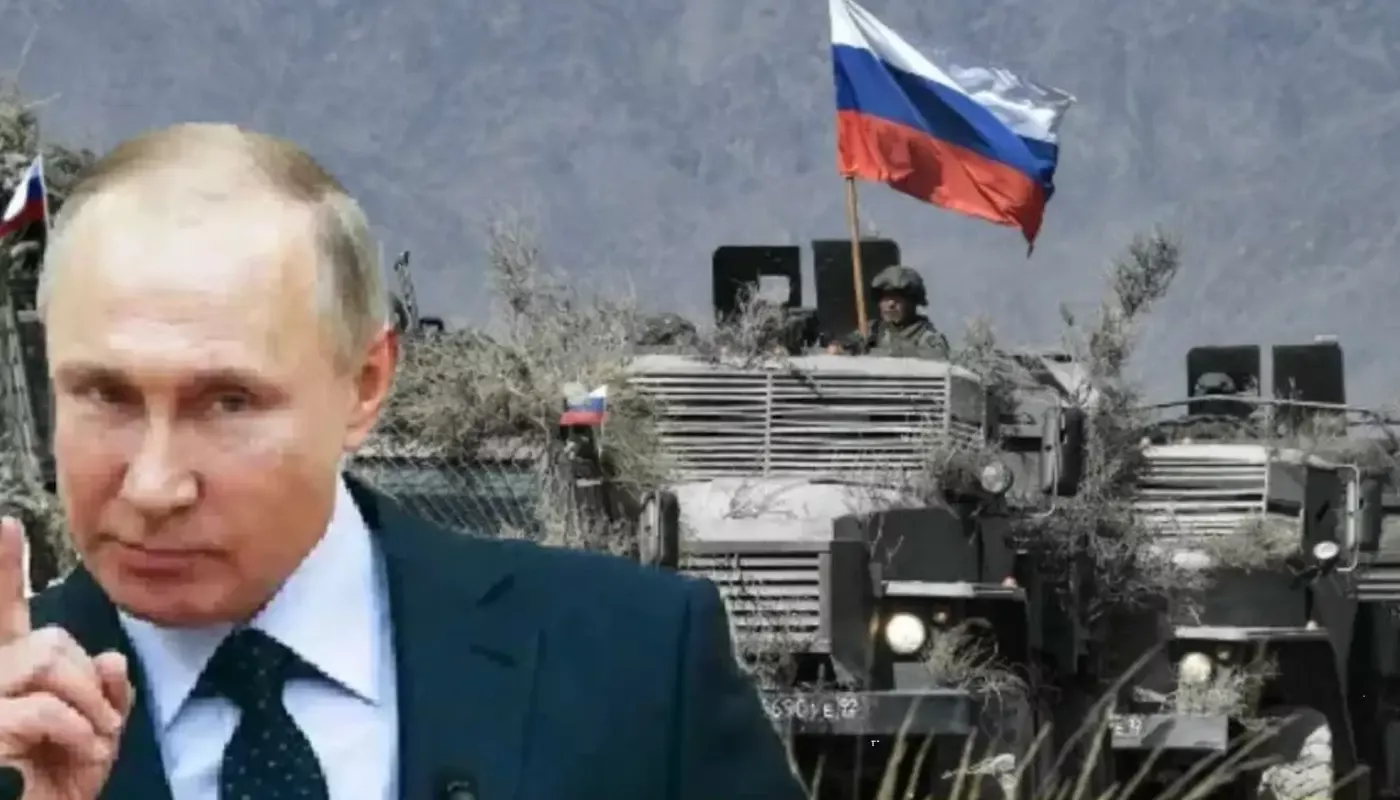
Returning to Istanbul: Does Vladimir Putin's proposal to return to negotiations bring the end of the war closer?
Elizaveta Foxt, a correspondent for the BBC Russian Service, explains.
In Vladimir Putin's nighttime speech before journalists in the Kremlin, it is worth noting two important aspects.
First, the Russian president has effectively abandoned the idea of extending the ceasefire regime for 30 days. Ukraine and its European allies were eagerly awaiting a long-term peace. However, Putin did not want to cease fire, citing that Ukraine had violated previous ceasefire agreements (Ukrainian officials have also accused Russia of similar violations during the ceasefire period).
Second, until now, Putin has repeatedly stated his readiness to start direct negotiations with Ukraine, but for the first time, he proposed a specific date and place for a meeting in Kyiv: May 15, Istanbul. From the words of the Russian president, it is clear that he is actually proposing to resume negotiations that were halted three years ago.
Back then, in the spring of 2022, Russian and Ukrainian delegations met in Belarus and Istanbul. The result of this communication was the Istanbul communiqué – in this document, it was stated that Ukraine might agree to a neutral status in exchange for security guarantees, while the issue of occupied territories would be personally discussed by Putin and Zelensky. Ultimately, the agreement fell apart.
It is unclear whether Ukrainian officials know that Vladimir Putin is inviting them to a meeting in Istanbul or not. The form chosen by the Kremlin for this proposal certainly raises doubts about the seriousness of the Russian president's intentions.
In any case, Putin's proposal puts Kyiv in a difficult position. On one hand, Ukraine's allies have emphasized that real negotiations with Russia can only begin once hostilities have ceased. On the other hand, the United States, led by Donald Trump, who wants to end the war quickly, is putting pressure on Kyiv.
If Kyiv agrees to direct negotiations with Moscow, it will initiate a complex diplomatic process involving many unknowns. What to do with the occupied territories? What security guarantees will Kyiv have and who will provide them? Considering that they were prepared before the annexation of four regions of Ukraine, is there a possibility of returning to the documents from the time of the Istanbul communiqué? Is Russia ready for any compromise?
All of these are very painful questions. Sooner or later, answers will have to be sought. For now, we must wait to see how Ukraine responds to the Kremlin's invitation.
Similar news

Shohrux Xon Met Gala tadbiridagi birinchi ishtirokida barchani hayratda qoldirdi
Bollivudning jahon miqyosidagi mashhur yulduzi Shohrux Xonning Met Gala moda tadbiridagi debyuti uning ekrandagi sevimli va o‘ziga xos jozibasining tabiiy va ajoyib davomi bo‘ldi. U o‘zining Met
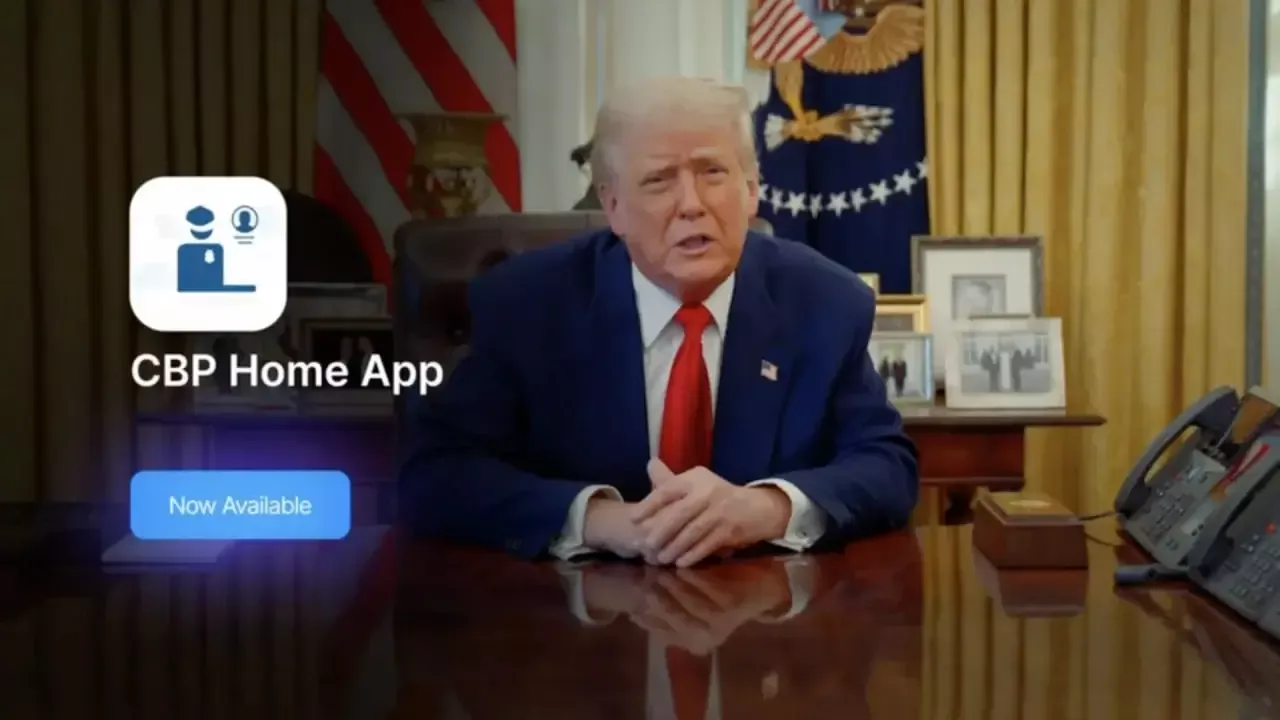
Trump noqonuniy muhojirlar uchun yangi mexanizmni ishga tushirdi
AQSh prezidenti Donald Trump videomurojaat qilib, noqonuniy muhojirlarni mamlakatni ixtiyoriy ravishda tark etishga chaqirdi. Ularning bu jarayonni amalga oshirishlari uchun CBP Home maxsus
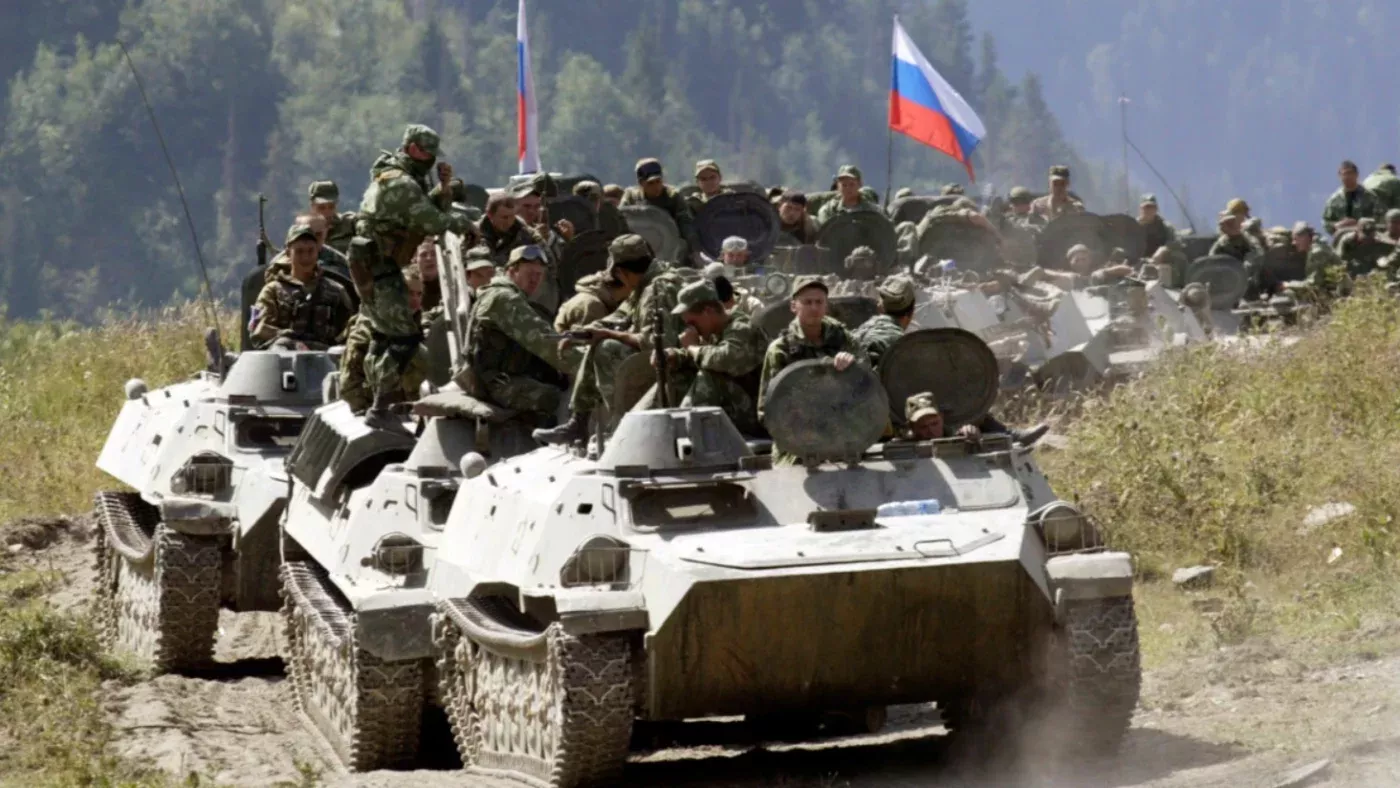
Rossiya Ukraina janubini nega bu qadar tez ishg‘ol qilgandi?
2022 yil 24 fevral kuni ertalab soat 4 larda Rossiya armiyasi Ukraina hududiga hujum boshlagandi. Yurish bir vaqtning o‘zida bir necha yo‘nalishda: janub, sharq va shimoldan olib boriladi. Biroq,
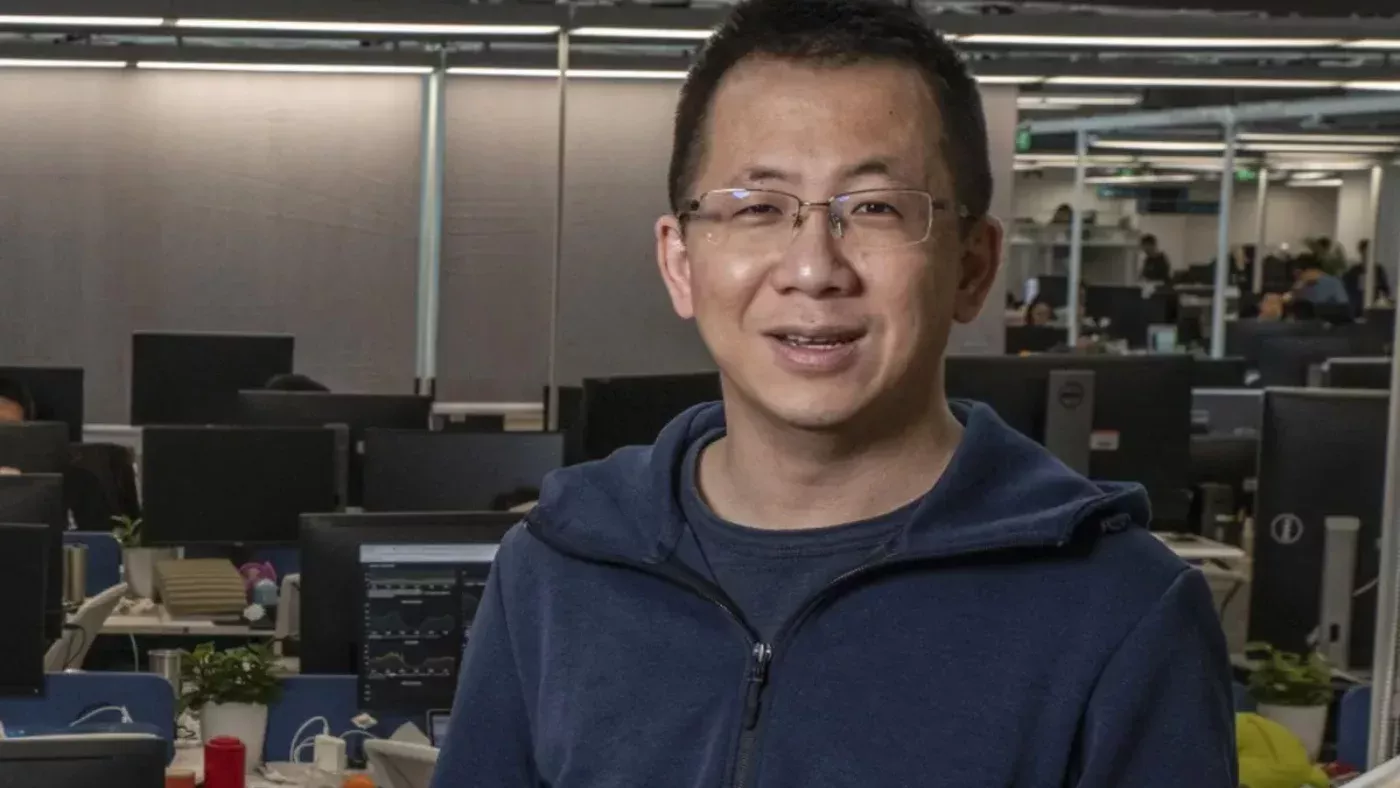
TikTok asoschisi Chjan Imin Xitoyning eng boy insoniga aylandi
TikTok ijtimoiy tarmog‘iga egalik qiluvchi ByteDance kompaniyasining asoschisi Chjan Imin Xitoyning eng boy kishisiga aylandi. Bloomberg milliarderlar indeksiga ko‘ra, 41 yoshli tadbirkorning
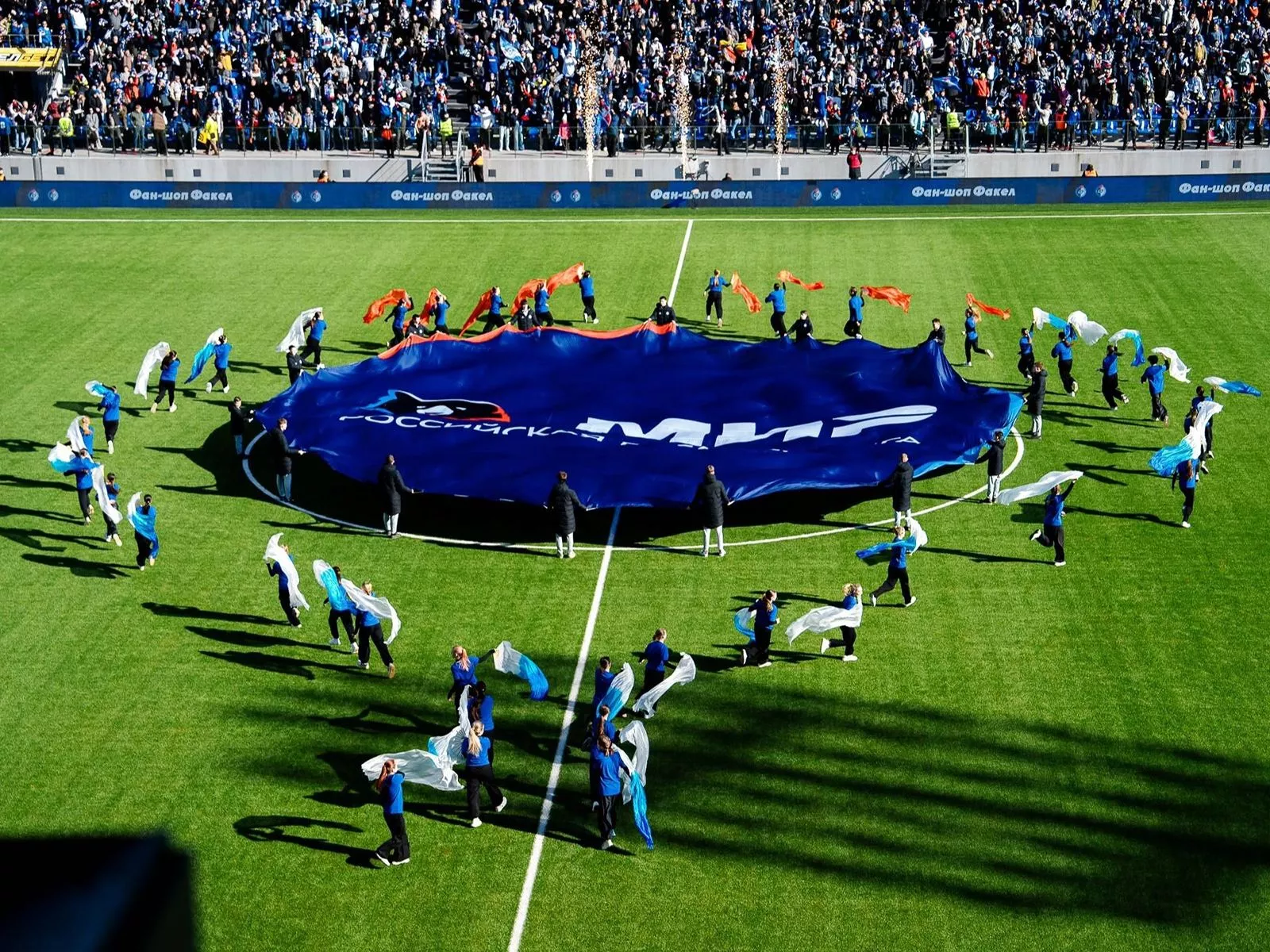
Rossiya va Belarus futbolini birlashtirishning salbiy tomonlari haqida
So‘nggi kunlarda Sankt-Peterburg xalqaro iqtisodiy forumida Belarus sport va turizm vaziri Sergey Kovalchuk Rossiya va Belarus chempionatlarini birlashtirish taklifini bildirdi. Bu haqida

